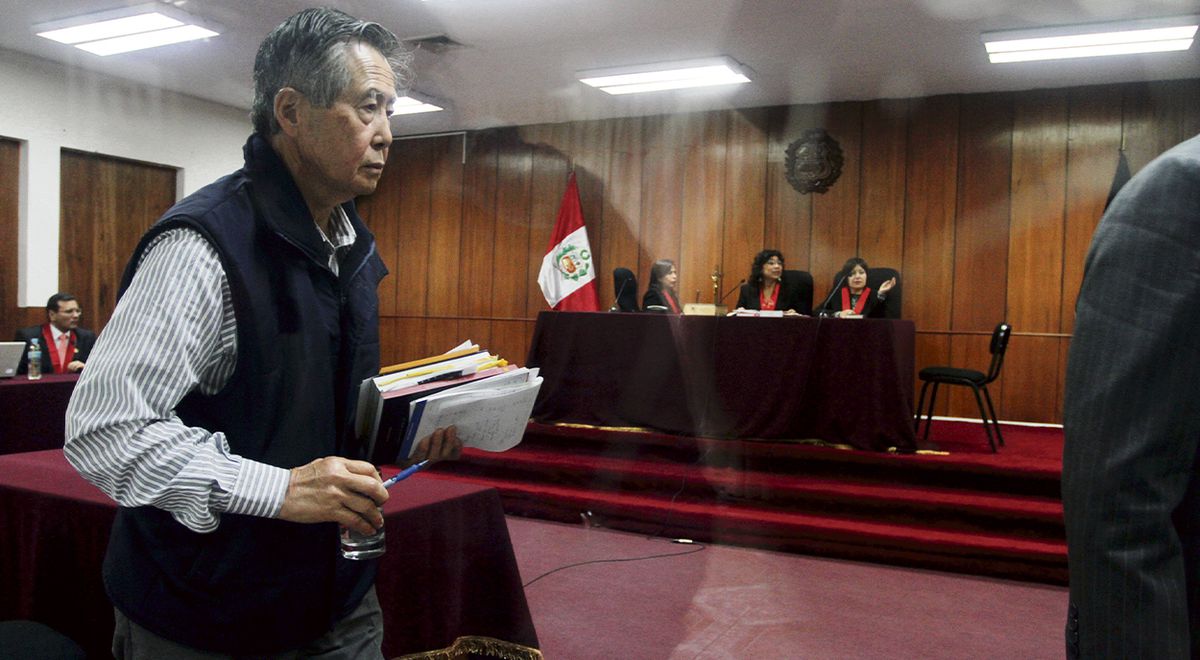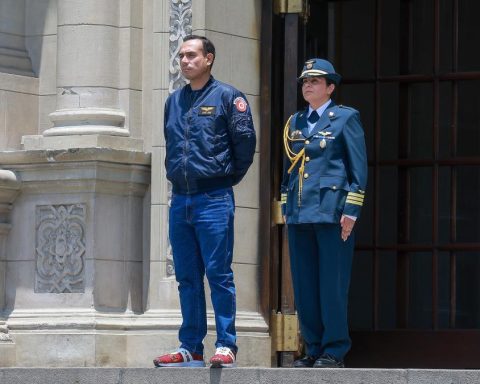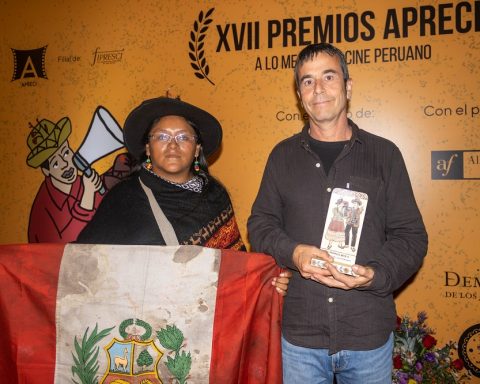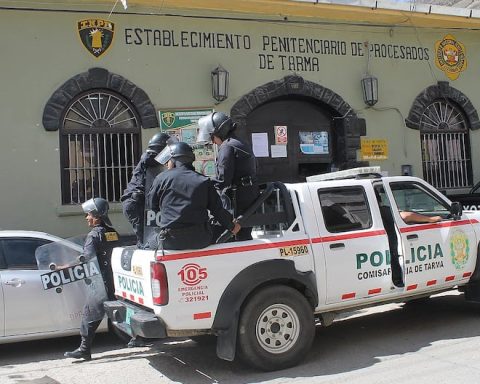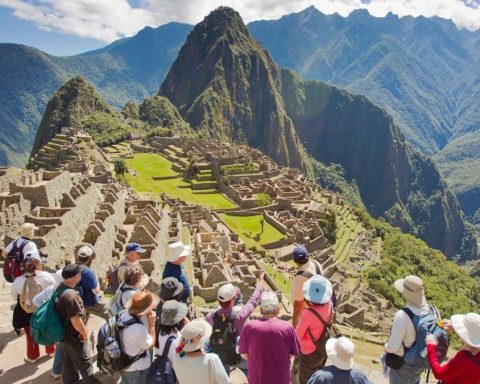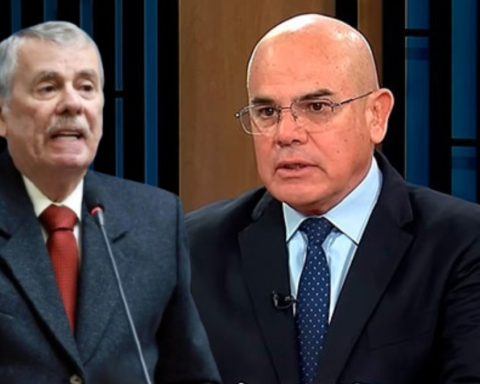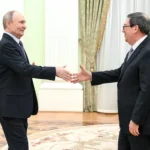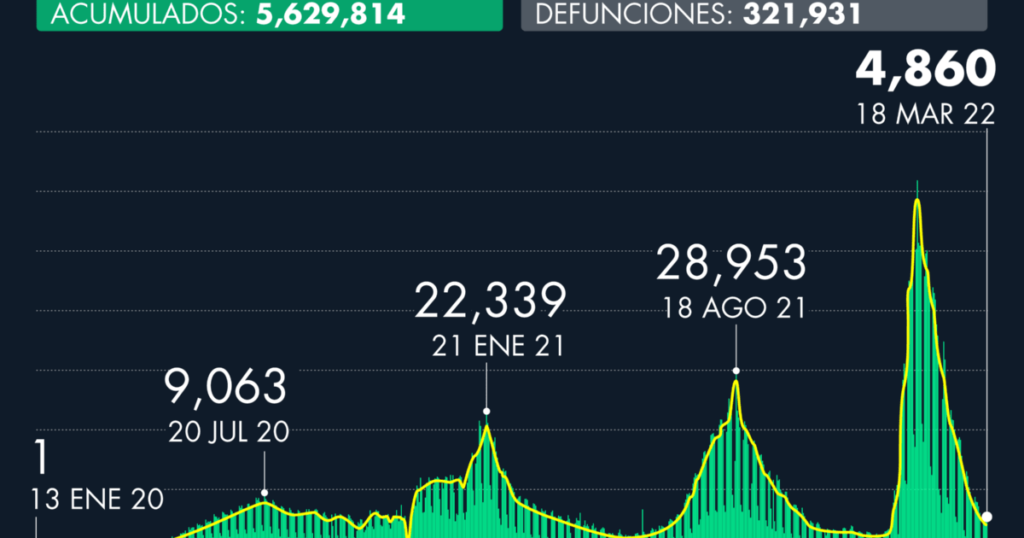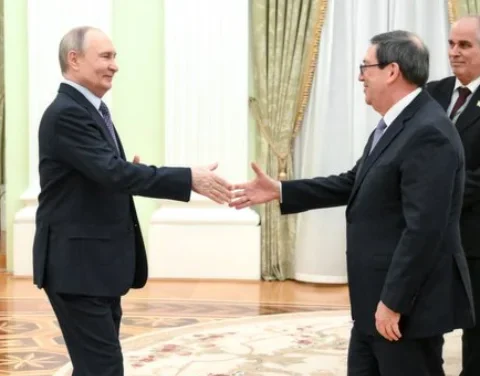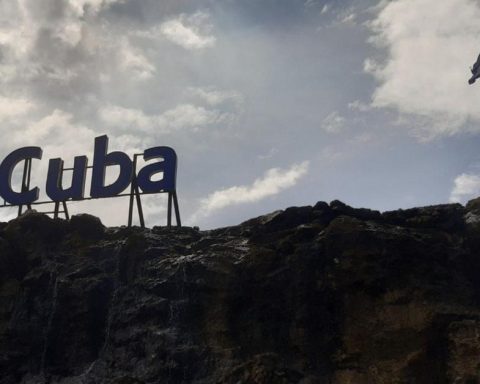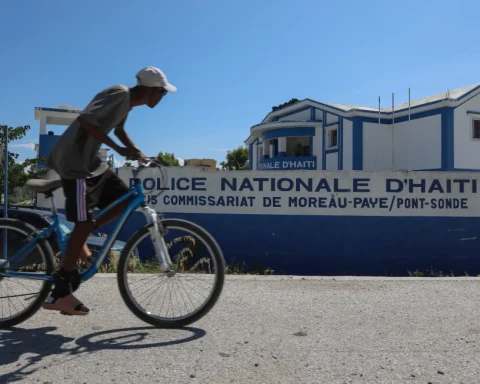The sentence of the Special Criminal Chamber that found the dictator Alberto Fujimori guilty of the crimes of qualified homicide-murder, serious injuries and aggravated kidnapping with cruel treatment and imposed a sentence of 25 years in prison, had its genesis in the rulings of the Inter-American Court of Human Rights (IA Court) by the Barrios Altos cases and the cantuta.
In the 90s of the 20th century, the Fujimori’s regime sought to cover up the hundreds of extrajudicial executions, arbitrary detentions and disappearances committed by civilians and soldiers in the context of the fight against terrorism, which is why the victims had to turn to the inter-American human rights system in search of justice.
Thus, the Inter-American Commission on Human Rights (IACHR) and later the Inter-American Court described the massacre of La Cantuta and Barrios Altos as crimes against humanity that cannot go unpunished and they cannot be the object of penitentiary benefits, because that results in impunity.
In compliance with these sentences, it was not until 2001 that Peruvian judges and prosecutors were able to investigate, try and convict the Colina detachment and all its leaders, including the dictator Alberto Fujimori. For this reason, before the public announcement of the constitutional Court which reports that has resolved by majority vote to declare a claim founded in favor of Fujimoriwhich grants him a humanitarian pardon and orders his freedom, international organizations have reacted immediately.
YOU CAN SEE: Espinosa-Saldaña: If the TC ceases to be the mediator, “the solution is the street and that is more dangerous”
The UN, the IACHR and the Inter-American Court warned that this decision affects the judgments of the Barrios Altos and La Cantuta cases and the international treaties that Peru is obliged to comply with.
pardon does not apply
“Restitution of the pardon would result in the release of Fujimori and the extinction of his sentence, which affects the rights of the victims of crimes against humanity, affects their access to justice and harms their dignity. Just as it creates obstacles for the comprehensive compliance with the judgments of the Inter-American Court in the cases of Barrios Altos and La Cantuta vs. Peru”, the IACHR said in a statement issued in Washington DC, United States.
Furthermore, he added: “The organs of the Inter-American Human Rights System have established that the undue granting of benefits in the execution of the sentence can result in a form of impunity, especially when it comes to serious human rights violations. The Commission has also highlighted that international law prohibits the application of amnesties, pardons and other exclusions of responsibility to people who have been found guilty of crimes against humanity.”
In this sense, the IACHR invoked “the obligation of the (Peruvian) State to adopt the necessary measures to restore the rights of the victims and their affected relatives” with the decision of the Constitutional Court.
YOU CAN SEE: García-Sayán on pardoning Alberto Fujimori: “It is not a closed issue”
To the IACHR statement followed by the United Nations and the High Commissioner for Human Rights. “Faced with the decision of the TC to restore the pardon to former President Fujimori, we underline that international law restricts pardons in cases of serious human rights violations. The rights of victims to justice and the rule of law must be respected,” said the office of the UN in Peru.
March 25th
This Friday, March 18, the Inter-American Court accepted for processing a request for precautionary measures requested by the lawyers and relatives of the victims, asking the Peruvian State to report on the decision of the Constitutional Court in favor of Fujimori, within a term that expires on March 25.
It should be taken into account that the plenary session of the Inter-American Court is meeting in the city of San José in Costa Rica, developing its 147th regular period of sessions, from March 16 to August 8.
On his agenda is holding a private hearing to monitor compliance, among other cases, with the judgment in the Case of Barrios Altos vs. Peru, so he was aware of what was happening in the country.
YOU CAN SEE: RMP on the ruling of the TC that will free Alberto Fujimori: “An invalid pardon has been resurrected”
Thus, the Court is in a position to immediately convene a hearing to hear the representatives of the victims in response to the request for precautionary measures or to do so at the aforementioned monitoring hearing, in order to later issue a ruling.
On May 30, 2018, the Court declared itself competent to rule on the pardon of Fujimori, in a resolution monitoring compliance with the judgments in the Barrios Altos and La Cantuta cases.
Justice. The plenary session of the Inter-American Court is meeting in the city of San José, Costa Rica. Photo: diffusion
Breach
Then, The Court indicated that the humanitarian pardon granted to the former president Fujimori “has not fully complied with the obligation to investigate, prosecute and, if applicable, punish serious human rights violations” in the Barrios Altos and La Cantuta cases.
Since the execution of the 25-year prison sentence imposed on Fujimori is part of the obligation to investigate and punish crimes against humanity.
YOU CAN SEE: Chambers after the pardon of Fujimori: “Whatever is contrary to law, there are powers to amend it”
In addition, it indicated that “there is a growing trend in international human rights law and international criminal law with respect to limiting that sentences imposed by courts for serious human rights violations be forgiven or extinguished by discretionary decisions of the Executive or Legislative Powers. “, I note.
So, it established that in the event of a pardon for a person convicted of crimes against humanity, The figure that allows a prison sentence to be extinguished must go through a judicial control, that weighs the rights of victims to ensure that it is duly granted.
“It is necessary that, in addition to the convict’s health situation, other factors or criteria are taken into account, such as the fact that a considerable part of the custodial sentence has been served and the civil damages imposed in the sentence have been paid; the conduct of the convicted person regarding the clarification of the truth; recognition of the seriousness of the crimes committed and their rehabilitation; and the effects that his early release would have on a social level and on the victims and their next of kin.”
The Court also established that the pardon granted to Fujimori in 2017 suffered from serious irregularities and it was granted in the midst of a political crisis, when the vacancy of the then president was raised Kuczynski. That is, it was the product of a negotiation between Kuczynski and Kenji Fujimori to maintain the stability of the government.
YOU CAN SEE: Minister Montoya on the release of Fujimori: IACHR has already expressed its concern
The Supreme Court
Based on the resolution of the Inter-American Court, the judge of the Supreme Court Hugo Nunez Julca annulled the supreme resolution that granted Fujimori a pardon and ordered his return to prison. The Supreme Court established that there were serious irregularities in the processing of the pardon request and presidential graces for health reasons.
The medical reports were contradictory, the medical board was allowed to be made up of Juan Postigo –Fujimori’s treating doctor since 1997–, affecting the principle of impartiality. In addition, there was no justification on the right of thanks, which appears in the operative part, but nothing is said in the justification.
Yes the magistrates of the TC, Ernesto Blume, José Luis Sardón and Augusto Ferrerohave not responded to the arguments of the Inter-American Court, the new ruling in favor of Fujimori will not withstand the minimum analysis of international organizations, point out the victims’ lawyers.
In the afternoon, Relatives of victims of the La Cantuta and Barrios Altos case arrived at the Government Palace accompanied by Congressman Guillermo Bermejo, to meet with the President Pedro Castillo. The president listened to the criticism of parents, siblings and children of those killed by the Colina group.
YOU CAN SEE: Mesías Guevara: “Failure of the TC puts democracy and social peace in suspense”
Giselle Ortizsister of one of the 10 students from La Cantuta University who were kidnapped, tortured, burned and buried in a wasteland, described as illegal the ruling of the TC that reestablished the pardon decreed in 2017 for Fujimori, and said she trusted international bodies .
“It is not fair that this outrage does not even allow those who have been fighting for 30 years of suffering and fighting for justice to age in peace,” he said for his part. Congressman Guillermo Bermejowho accompanied the relatives in the audience.
Management. Relatives of victims of the La Cantuta and Barrios Altos cases arrived at the Palace accompanied by Congressman Guillermo Bermejo to meet with President Pedro Castillo. Photo: Antonio Melgarejo/ The Republic
Today is the national march against the ruling of the TC
With the motto “Pardon is an insult”, the population will march today at the national level in protest by the ruling of the Constitutional Court (TC).
The mobilization will be from 5 pm In Lima, the meeting point will be the Plaza San Martín and then go through the Colmena, Wilson and Grau avenues. In Arequipa, the concentration will be in Plaza España; in Cusco, in the Limacpampa square; in Tacna, in the Zela square; and in Puno, in the Pino park.
YOU CAN SEE: It is false that Montesinos has tweeted that he is the “best adviser in history”
On behalf of the victims of the La Cantuta and Barrios Altos cases, the massive participation of Peruvians is expected. Women victims of forced sterilizations, trade unions, women’s organizations and students will also participate; also the groups No to Keiko, Dignidad and political organizations such as New Peru.
Executive
Evaluation. The President of the Council of Ministers, Hannibal Torresannounced that the Government is studying the “possibilities and legal paths” to follow to correct the mistake made by the Constitutional Court. He stressed that what was resolved by the TC is a mistake, since one cannot feel “satisfaction” when students are kidnapped, tortured and their bodies burned to disappear.
The data
Position. The Peruvian Society of International Law urged the institutions to comply with international mandates and considered it “necessary” for the State to wait for the pronouncement of the Inter-American Court.
The Inter-American Court can annul the ruling of the TC
By Gloria Cano, lawyer at Aprodeh
The question of the moment is what the Inter-American Court can do in a scenario like the current one, where three members of the Constitutional Court have made the decision to declare a habeas corpus founded, questioning the power to review the presidential decision in the jurisdictional sphere.
YOU CAN SEE: Elvia Barrios avoids ruling on the ruling of the TC in favor of Fujimori: “We are not going to polarize more”
We must remember that when the pardon was granted by former President Kuczynski, the victims and their representatives turned to the Inter-American Court, which issued a resolution on May 30, 2018, developing the standards that States should take into account to reduce the sentence of people convicted of serious human rights violations, since this implies a curtailment of the victims’ right to access to justice. In that resolution, it ordered that an evaluation of the pardon measure adopted be carried out internally. For this reason, the Supreme Judge Núñez Julca evaluated and decided to declare the pardon null and void due to the serious irregularities found.
In this framework, the Inter-American Court has required the State to explain, no later than March 25, the reasons for the decision adopted by the TC. The Inter-American Court may convene a hearing where it will listen to the representation of the victims and may make a decision.
The Inter-American Court could point out the ineffectiveness of the judgment of the TC for contravening the provisions issued by said supranational court and that are mandatory for the State.
